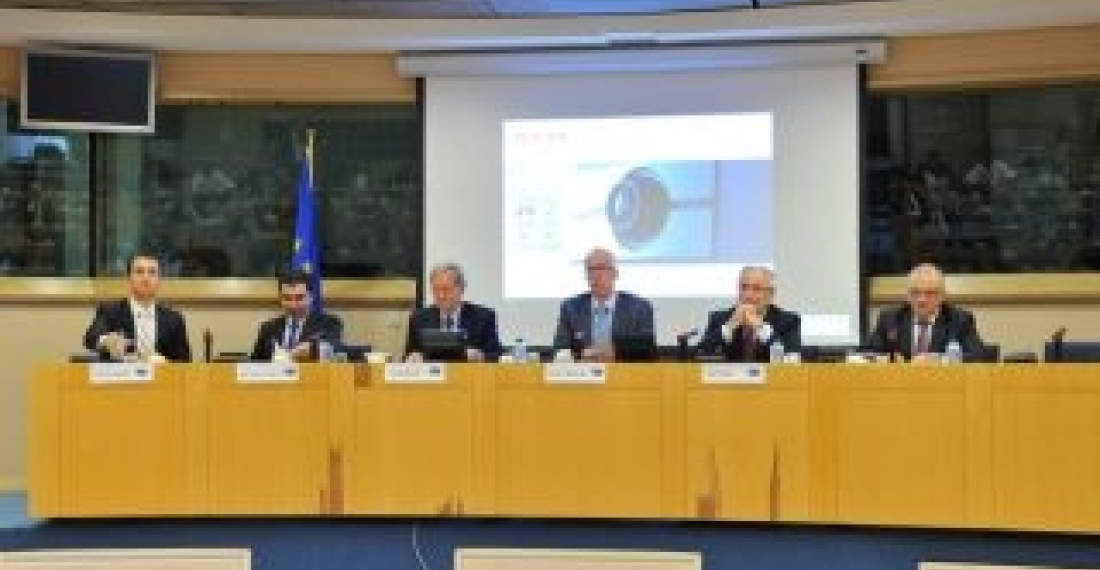- Armenia-Azerbaijan Strategic Expert Platform: Members emphasise the importance of the present moment for the South Caucasus and call for the momentum to be used for the long-term peace and prosperity of the region
- Thursday Interview: Dr. Anar Valiyev
- Food insecurity in Somalia has nearly doubled in the past year
- Türkiye evaluating potential measures in case of a US-Iran conflict
- European Parliament reaffirms support for Ukraine and EU Path
- EU moves ahead with Ukraine loan preparations despite Hungarian block
TEAS marks Azerbaijan Independence Day with an event at the European Parliament

The European Azerbaijan Society organised an event at the European Parliament last week to mark the 20th anniversary of Azerbaijan\'s independence. Members of the European Parliament Tunne Kelam, Evgeni Kirilov and Ivo Vajgl joined Emin Eyyubov, Azerbaijani Ambassador to European Institutions, in giving an optimistic outlook for the country. They stressed the need for peace in the Armenian-Azerbaijani conflict over Nagorno-Karabakh and the continuity of accelerated economic development. The other members of the panel were Tale Heydarov, Chairman and Founder of TEAS, and Göran Lindblad, former Vice-President, Parliamentary Assembly for the Council of Europe (PACE); and Chair, Political Affairs Committee, PACE, who moderated the discussion.
Ambassador Eyyubov summarised Azerbaijani democratic development and explained that his country was “an ancient nation”, despite being a “young State”. Following an initial period of disarray’ from 1991–93, due to the war with Armenia, combined with economic recession, the situation rapidly improved and stability was achieved. He emphasised the potential economic benefits to Armenia if peace was achieved, as this would enable hydrocarbon resources to be transported across its territory.
The Ambassador stressed that, since 1994, Azerbaijan had been transformed into “a locomotive” for hydrocarbon resources, becoming a secure source of Western European energy. He cited figures from The Economist, which concluded that Azerbaijan had experienced the greatest GDP growth in the world during the past decade, now accounting for 83 per cent of the entire South Caucasus GDP. Turning to security, he underlined the participation of his country in various NATO peacekeeping missions, including those in Afghanistan. He acknowledged that the greatest challenge remains the achievement of “a constructive solution” for the Nagorno- Karabakh situation. He invited all those present to attend the Eurovision Song Contest in Baku in May 2012.
source: commonspace.eu with agency reports
photo: The panel at the TEAS event at the European Parliament on 20 October 2011. (Picture courtesy of TEAS)








